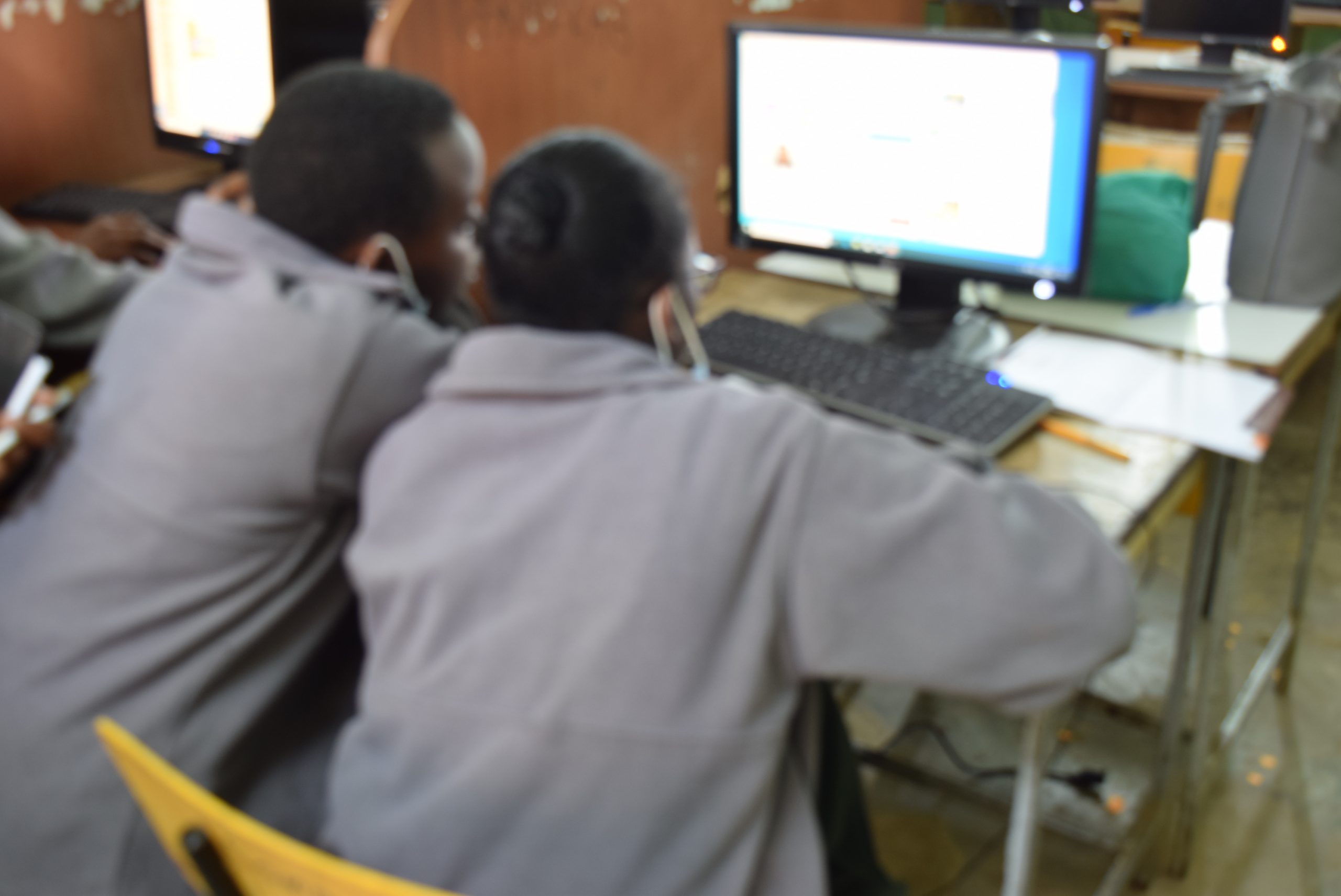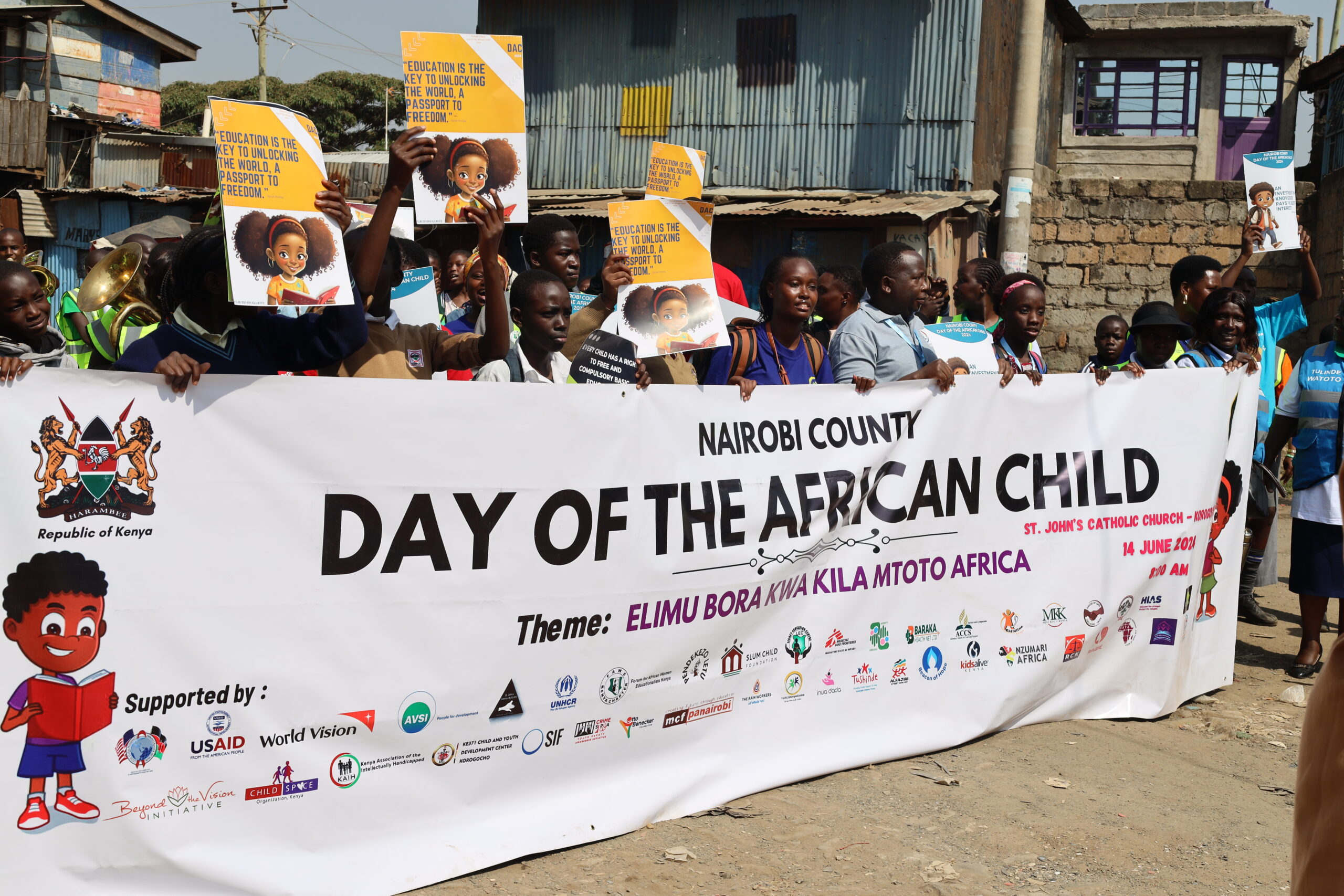By Shem Osomo
Knowledge Management Officer, FAWE
In today’s digital era, African children are increasingly exposed to the vast opportunities and challenges that the online world presents. As we commemorate the Day of the African Child with a focus on “The Rights of the Child in the Digital Environment,” it is crucial to address the risks they face, including cyberbullying, online predators, and exposure to inappropriate content. This article aims to shed light on these challenges and provide practical tips and strategies for parents, educators, and policymakers to ensure the digital safety of African children.
In the online realm, cyberbullying has become a pervasive issue affecting children worldwide, and African children are not immune to its harmful effects. Harassment, intimidation, and humiliation carried out through digital platforms can have severe consequences on their mental health and overall well-being.
Additionally, the internet’s anonymity creates a breeding ground for online predators who exploit children. It is essential for African children to understand the risks associated with interacting with strangers online and sharing personal information that could be misused.
Furthermore, the vast amount of information available online exposes children to explicit or inappropriate content, posing a threat to their development and emotional well-being.
Strategies for Ensuring Digital Safety:
Establishing open and honest communication with children is paramount. Encourage them to share their online experiences, concerns, and any unsettling encounters they may have had. By fostering an environment of trust, parents and educators can provide guidance and support when needed.
Promoting digital literacy education within schools and communities is crucial. Children should be taught about online risks, privacy settings, and responsible online behavior. Equipping them with the necessary knowledge will empower them to make informed decisions and protect themselves online.
Setting clear boundaries and utilizing parental controls are effective measures. Parents and guardians should establish guidelines regarding screen time limits, appropriate content, and online interactions. Parental control tools and software can be used to monitor and filter online activities, ensuring a safer digital experience.
Teaching children about privacy and security measures is vital. They should be educated about the importance of safeguarding personal information, using strong passwords, practicing safe browsing habits, and understanding the risks associated with sharing private information with strangers.
Promoting empathy and digital citizenship is key. Encourage children to treat others with kindness and respect when interacting online. Instilling the values of digital citizenship, such as tolerance and responsible behavior, fosters a positive and inclusive digital environment.
Collaboration between parents, educators, and community organizations is essential. By working together, they can raise awareness, develop comprehensive strategies, and conduct workshops, seminars, and awareness campaigns focused on digital well-being. These collaborative efforts will contribute to creating a safer digital space for African children.
Conclusion:
As African children embrace the digital world, it becomes our collective responsibility to ensure their safety and protect their rights. By understanding the challenges, they face, such as cyberbullying, online predators, and exposure to inappropriate content, we can take proactive steps to create a safer digital environment. Through open communication, digital literacy education, setting boundaries, and promoting empathy, we can empower African children to navigate the online landscape confidently while safeguarding their overall well-being. By working together as parents, educators, and policymakers, we can pave the way for a positive and secure digital future for African children, ensuring that their rights are protected in the digital world.






Leave A Comment